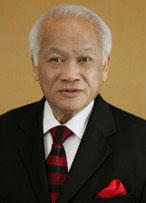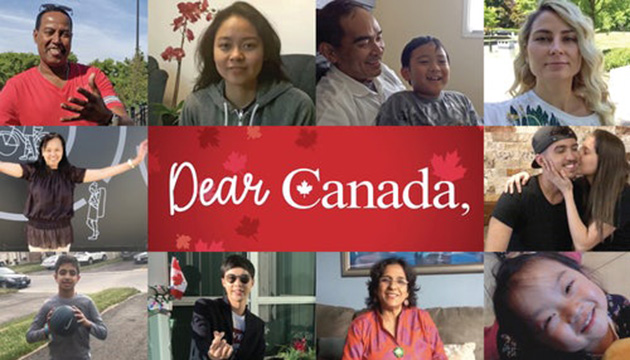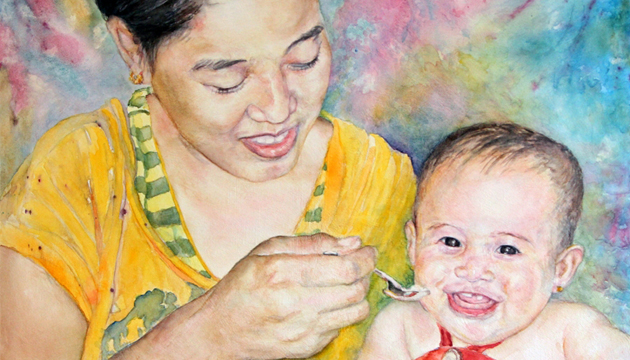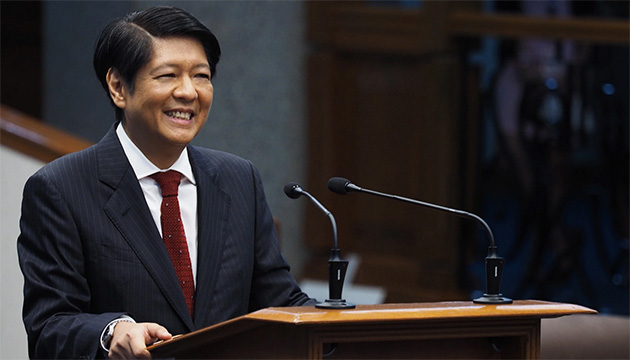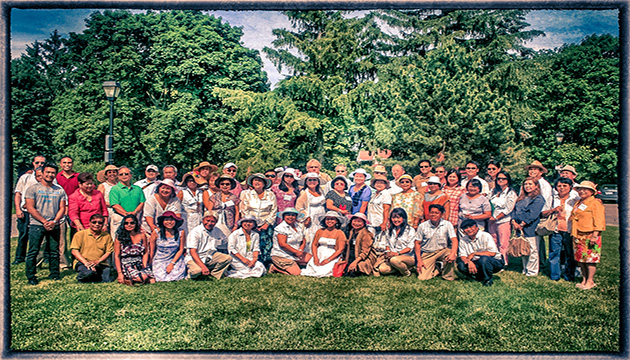[Editor’s Note: Dr. Rey – a retired physician and professor and former Member of Parliament (MP) and cabinet minister – has publicly championed Canada’s Medicare since his first election as MP in 1988.
He tabled in 1991 in the House of Commons the Official Opposition motion, “That this House reaffirm its commitment to Medicare.” He had touted its virtues at various times in Canada, USA (1991), England (1994), Japan (2001), and the Philippines (2009 and 2011). This issue looks at the $196.1-billion 10-year federal cash health transfer recently accepted by Canada’s 13 Premiers and serves as a sequel to the preceding commentary.]
February 16, 2023 - Canadians can breathe a sigh of relief. We now have the makings of a full Health Accord 2023! Manitoba Premier Heather Stefanson as Chair of the Council of the Federation – the body that represents the 13 provincial and territorial Premiers – has accepted the10-year Canada Health Transfer (CHT) offer of $196.1-billion. This includes $46.2 billion in new funding. The Council needed nearly a week to examine the offer before accepting it unanimously.
The federal offer was presented at the First Ministers’ in-person working meeting on February 7 in Ottawa. The gathering by Canada’s First Ministers was a significantly timely event. The nation’s eyes have been focused on the No. 1 national issue of existential concern for the country’s Medicare system.
A recent Nanos Research Survey said as much a few days ahead of the gathering. Canadians have feared losing their universally accessible, comprehensive, not-for-profit publicly administered health care system for “medically necessary health care services provided by hospitals, medical practitioners, and dentists working within a hospital setting.”
Prime Minister’s Press Statement
The Prime Minister’s’ press statement posted on the PM’s website on February 7th is reassuring:
“Prime Minister Trudeau and the premiers discussed shared health priorities to deliver real results for Canadians as well as the importance to uphold the Canada Health Act to protect Canada’s publicly funded health care system. Today’s announcement is about strengthening our health care system to address existing challenges and provide Canadians with the safe, high-quality care they need and deserve, including when it comes to mental health.”
The PM’s posted statement also quotes Intergovernmental Affairs, Infrastructure and Communities Minister Dominic LeBlanc:
“Today’s working meeting builds on our shared objective of ensuring all Canadians, regardless of where they live or their ability to pay, can access the care they need, when they need it.”
Said LeBlanc in response to Rosemary Barton about improvements in provincial health care systems: "The provincial governments will obviously be sensitive in front of their citizens and their voters in terms of those outcomes."
The federal government’s pre-occupation with mental, already specially noted by the Prime Minister, is further enunciated by the Minister of Mental Health and Associate Minister of Health Dr. Carolyn Bennett who added her remarks: “Mental health is health, and through these bilateral agreements, we are working with provinces and territories to integrate mental health and substance use care as a full and equal part of our universal health care system. These agreements will work to provide greater access to mental health services, reduce substance use harms, and lower stigma. Together, we must ensure that all Canadians have access to supports and services for their mental health and well-being – when they need them, wherever they need them.”
Allocation of $46.2-billion New CHT
The $46.2-billion new Canada Health Transfer (CHT) funding dollars are earmarked for the following elements:
$ 2.00 billion = immediate, unconditional top-up to address immediate pressures on the health care system, especially in pediatric hospitals and emergency rooms, and long wait times for surgeries.
[Note: This builds on previous CHT top-ups that total $6.5 billion provided throughout the pandemic.]
$17.30 billion = a 5 per cent CHT guarantee for the next five years, which will be provided through annual top-up payments as required.
[Note: This is projected to provide an additional in new support over 10 years. The last top-up payment will be rolled into the CHT base at the end of the five years to ensure a permanent funding increase, providing certainty and sustainability to provinces and territories. With this guarantee, the CHT is projected to grow by 33 per cent over the next five years, and 61 per cent over the next 10 years.]
$25.00 billion = spread over 10 years to advance shared health priorities through tailored bilateral agreements that will support the needs of people in each province and territory in four areas of shared priority:
- family health services;
- health workers and backlogs;
- mental health and substance use; and
- a modernized health
Note: These additional federal investments will be contingent on continued health care investments by provinces and territories. This funding builds on the $7.8 billion over five years that has yet to flow to provinces and territories for mental health and substance use, home and community care, and long-term care.
$1.70 billion = over 5 years to support hourly wage increases for personal support workers and related professions, as the 3 levels of government work together on how best to support recruitment and retention.
$150.00 million = over 5 years for the Territorial Health Investment Fund in recognition of medical travel and the cost of delivering health care in the territories.
As part of the February 7th announcement, the federal government “will provide $505 million over five years to the Canadian Institute for Health Information, Canada Health Infoway, and federal data partners:1) to work with provinces and territories on developing new health data indicators, 2) to support the creation of a Centre of Excellence on health workforce data and 3) to underpin efforts to use data to improve health care.
*Notes on CHT from the PM Press Statement:
- The Canada Health Transfer (CHT) is the largest major federal transfer to provinces and territories.
- It provides long-term, predictable funding for health care and supports the principles of the Canada Health Act.
- CHT payments are made on an equal per capita basis to provide comparable treatment for all Canadians, regardless of where they live.
- The CHT grows in line with a three-year moving average of nominal gross domestic product, with total funding guaranteed to increase by at least 3 per cent per year.
Crown jewel of Canada’s social programs
Canada’s universal Medicare – the crown jewel of our nation’s social programs – is jointly funded and delivered by the 10 provincial and 3 territorial governments. It operates under the 1984 Canada Health Act where enshrined are the five guiding principles and the prohibitions against extra-billing by physicians and user fees by health care facilities, as discussed in the preceding issue, “Taking Back Health Care:” A Bold Prescription to Modernize Medicare.


